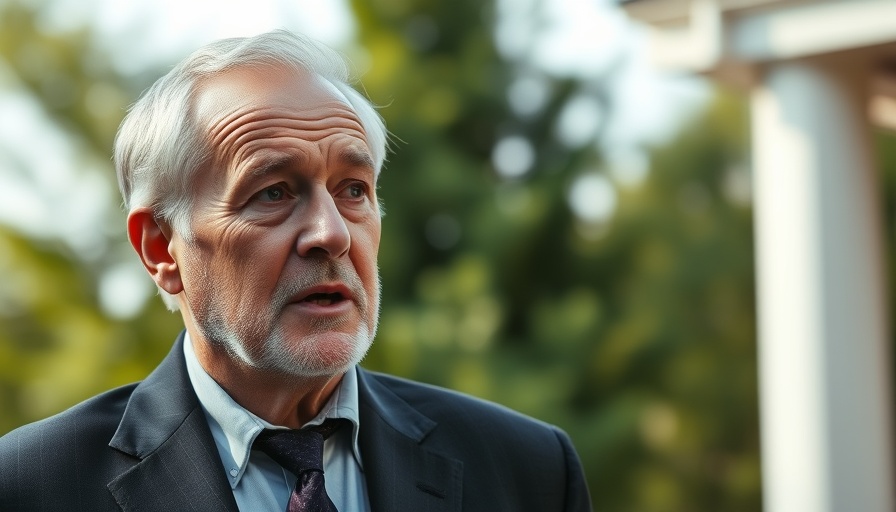
Trump's Unease with Constitutional Duty Raises Concerns
In a recent encounter with NBC News, President Donald Trump expressed uncertainty over his obligation to uphold the Constitution and the rights protected under the Fifth Amendment. This eyebrow-raising moment occurred just a few months after he assumed office, igniting discussions among legal experts about the implications of his statements.
Trump was questioned by Kristen Welker, the show's moderator, about the perspective of Secretary of State Marco Rubio, who argued that both citizens and noncitizens are entitled to due process. Despite the clear wording of the Fifth Amendment, which asserts that no individual shall be deprived of life, liberty, or property without due process of law, Trump responded with a direct, "I don't know," highlighting his reliance on his legal team for guidance.
Understanding Due Process Rights
Legal scholars quickly pointed out that Trump's interpretation fundamentally misunderstands the broader protections enshrined in the Fifth Amendment. The Supreme Court has consistently affirmed that due process protections extend to all individuals, regardless of citizenship status. This is significant, as Trump’s comments reflect a departure from constitutional norms and indicate a troubling trend of misunderstanding the rule of law, which is supposed to be upheld by the highest office in the land.
The Impacts of Ignorance at the Top
Trump's admission may resonate particularly with segments of the audience who value the integrity of constitutional rights, such as legal professionals. His deflection raises a critical question: how can a leader effectively govern while grappling with an apparent lack of awareness or understanding of foundational legal principles?
As the political landscape evolves, it remains essential for the public, especially those in the legal field, to engage with these issues actively. Understanding the intricate balance between executive power and constitutional safeguards is more critical than ever in today's climate.
Get Involved
As we continue to witness this trend of constitutional uncertainty from our leaders, it’s vital for professionals across various sectors to stay informed and participate in the democratic process. Engage in discussions, educate others about constitutional rights, and advocate for the rule of law in your communities.
 Add Row
Add Row  Add Element
Add Element 



Write A Comment